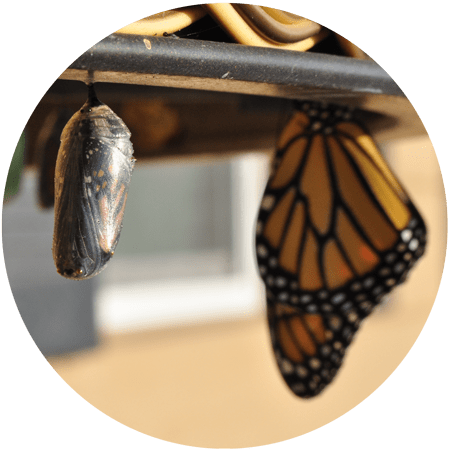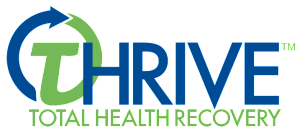When is someone really ready for transformational change?

There is a persistent cultural belief that a person has to hit a proverbial “rock bottom” to be fully and completely ready for transformational change in order for treatment to be effective. But, what does that even look like?
Some people seem to hit bottom after bottom with one crippling consequence after another, never quite seeming “ready”. Some people, seemingly out of the blue, reach out for help with no major interventions.
There are those who say clearly and convincingly that they are really, really done this time. They mean it. This is it. They have felt the full brunt of the consequences of their addiction and are willing to be open to anything. But what if this person has said the same thing once, twice, or ten times in the past?
Or, what about the person who says all the wrong things? That they don’t have a problem. Or that they aren’t willing to stop. Or even that they no longer have hope that anything will work. It would be a disservice to dismiss these people, as well. It is incredibly common for a person entering treatment to present as resistant, and subsequently find some clarity and experience insight after a few days or weeks.
What’s even more confusing and painful is the experience of the person seeking help for addiction, sometimes for the second, third or twentieth time. More often than not, they experience the same doubts within themselves. “How do I know if I’m really ready this time? I feel ready. I feel willing. But, how will this be different?”
For a solution based on mindfulness call: 833.551.2356
So, what makes some one “ready”? How do we know? And, if they aren’t, how do we guide them toward readiness?
The primary reason for resistance is fear. You see, for those who struggle with substance abuse, drugs and alcohol are not really the problem. These things certainly appear from the outside to be the problem. After all, they create incredibly adverse consequences in a person’s health, finances, relationships and peace of mind. However, to the person who is trapped in addiction, the substance they use is their best attempt at a solution. It is the only way they have found to cope with life. Bad day? Drink. Good day? Drug. Anxious? Drink. Fearful? Drug. Any discomfort is quickly anesthetized by a chemical solution. The problem is that this “solution” is fleeting, and can quickly and cumulatively create more problems.
The idea of getting sober is often met with resistance, very simply, because it is like suggesting to a person that the one solution that they have found effective in life will no longer be available to them. For someone who does not know or believe that another solution exists, that is absolutely terrifying.
The person swearing that this time will be different, unsure themselves if it really will be, is victim to this very same fear. The only difference is that they start out with some hope and resolve, and the fear resurfaces.
Although a person trapped in the cycle of addiction is not objectively “happy”, using alcohol or other drugs is as close to happy as they have managed to get, albeit fleetingly. The nature of addiction is that they have become convinced that substances are the only way they can even be happy. The drink or the drug become synonymous with happiness. Sobriety becomes synonymous with discomfort, pain and fear. Now, ask yourself, at what point would you ever be “ready” to give up happiness in favor of a lifetime of discomfort, pain and fear. From this angle, the struggle for “readiness” makes a lot more sense.
So, then, how does a person become “ready”? How can we help them? “Readiness” is nothing more than seeing insightfully the possibility that there is another, better solution. This is rarely accomplished by giving a person a laundry list of things that they must or must not do. This is most successfully accomplished by showing a person struggling with addiction that the small amount of happiness they have found and the vast happiness that they are seeking have never, and will never, come from a drink or a drug. Happiness is never created outside of ourselves. 100% of the time, we are, in fact, feeling our own thinking.
This understanding dissolves the connection between happiness and a substance. Once a person has the realization that happiness is not generated by that substance, they become “ready” to try another option. They become free to allow happiness to flow naturally from within, its only true source. They are able to have hope, and thus able to become “ready”.
The good news, the truth of the matter, is that, while we may never know what is in another person’s heart, “readiness” is only ever one thought, one insight away.

Want to read more about Gulf Breeze Recovery’s non 12 step, holistic drug and alcohol rehab? Check out some of our latest posts:
Researchers Identify Role of Key Brain Signaling Protein in Alcohol Use Disorder
January 29, 2021
College Students Who Returned Home Due to Pandemic Drinking Less
January 29, 2021
Overdose Deaths Soar in the Midst of a Pandemic
January 27, 2021
Alcoholism Today in Seniors and Younger Generations
January 20, 2021
End Chronic Relapse and Start a New Life!
At Gulf Breeze Recovery we don’t want you to have just a great recovery, we want you to have a great life!









